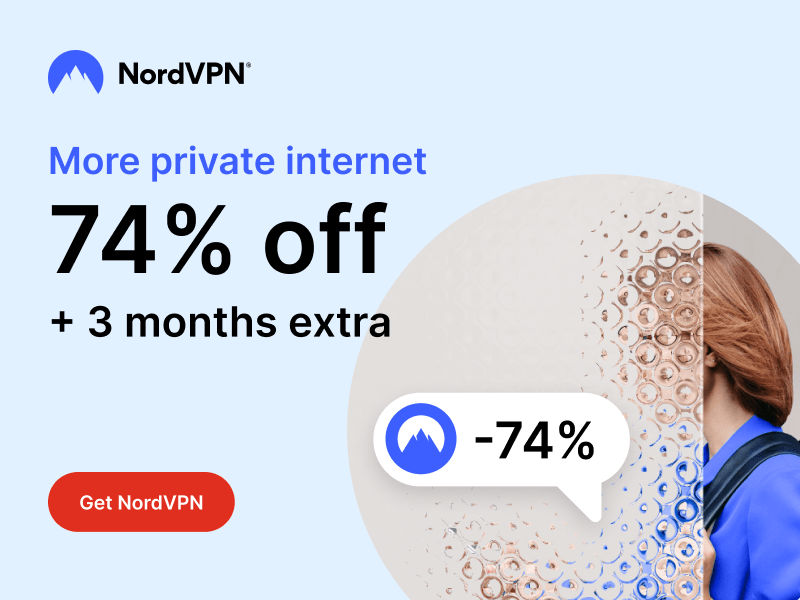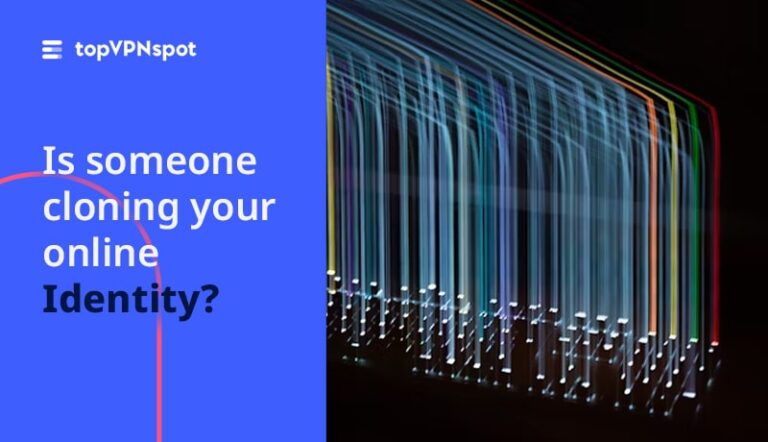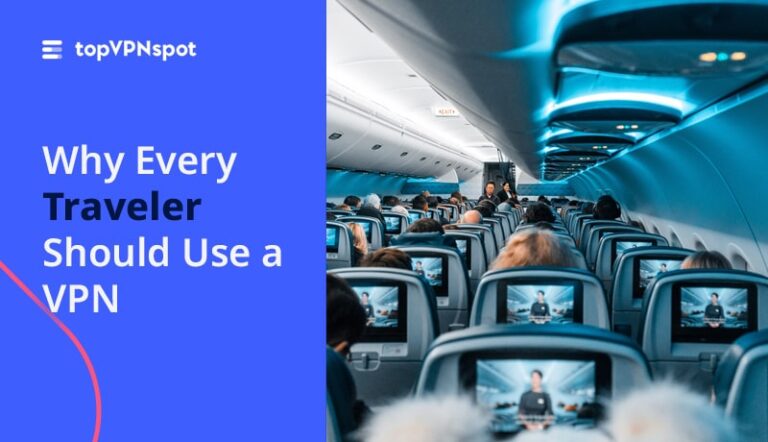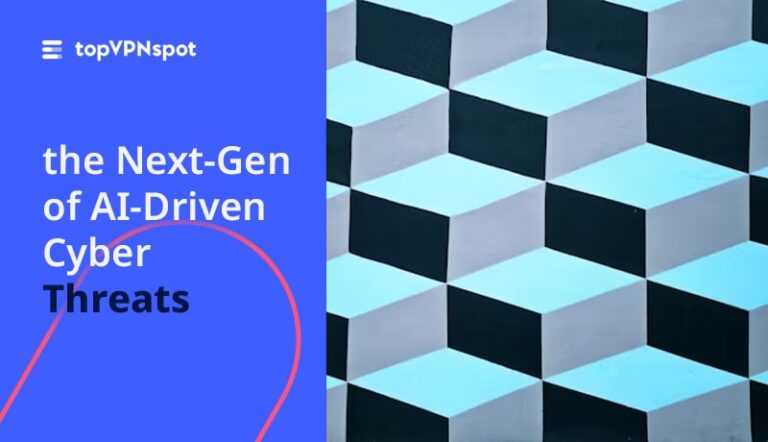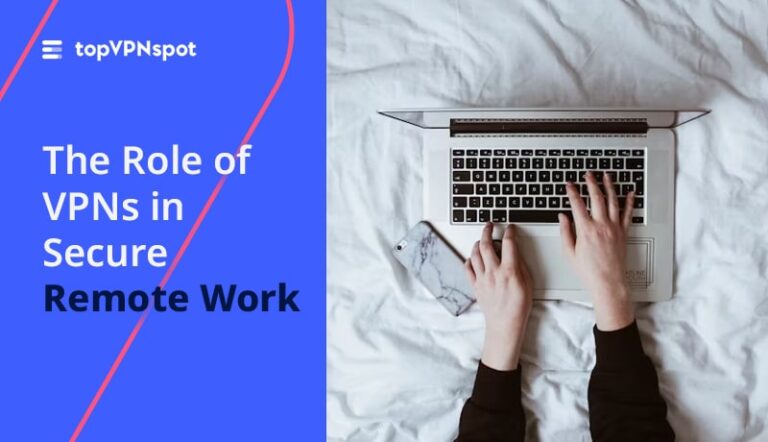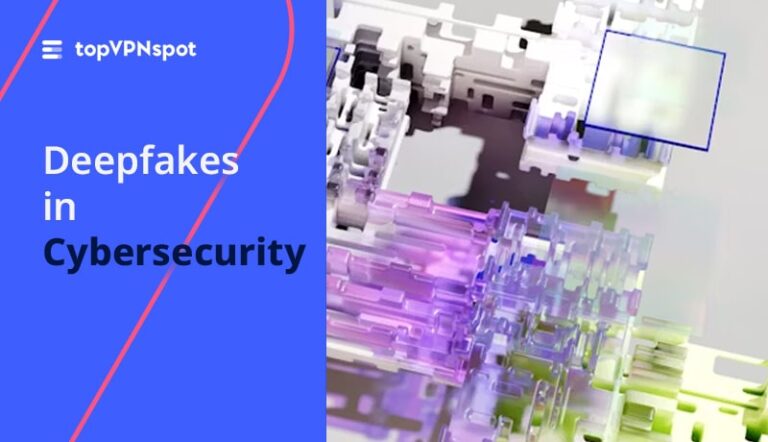Can you be tracked if you use a VPN?
Think you’re untraceable with a VPN? Delve into the realities of tracking and how to maximize your online privacy
April 2024
Imagine browsing the internet with the comforting thought that your online activities are completely hidden. VPNs promise a cloak of invisibility, but is it really foolproof? Can you still be tracked if you use a VPN? Let’s peel back the layers and uncover the truth.
The VPN Promise: Enhanced Privacy
When you connect to a VPN, your internet traffic is encrypted and routed through a remote server, effectively masking your IP address. This process gives you a new digital identity, making it harder for websites, advertisers, and even cybercriminals to track your online activities. But as secure as this sounds, there are still some cracks in the armor.
The Reality: Potential Tracking Pitfalls
VPN Logs: Not all VPNs are created equal. Some keep logs of your activities, which could be accessed by third parties or even handed over to authorities. Always choose a VPN with a strict no-logs policy to minimize this risk.
DNS Leaks: A misconfigured VPN can expose your DNS requests, revealing the websites you visit to your ISP. Using a VPN with built-in DNS leak protection is crucial to maintaining your anonymity.
Browser Fingerprinting: Even with a VPN, your browser settings, extensions, and usage patterns can create a unique fingerprint. This fingerprint can be used to track you across the web. Using privacy-focused browsers and regularly clearing cookies can help mitigate this issue.
Third-Party Services: When you log into your Google account, Facebook, or other services, these platforms can still track your activities regardless of whether you’re using a VPN. The VPN may hide your IP, but it doesn’t make you invisible to services where you have an account.
Staying One Step Ahead
While no tool can guarantee absolute anonymity, there are steps you can take to enhance your privacy:
- Choose Reputable VPNs: Opt for providers like NordVPN, ExpressVPN, or Surfshark, known for their no-logs policies and robust security features.
- Enable Additional Privacy Features: Use features like kill switches, multi-hop connections, and DNS leak protection.
- Combine Tools: Use VPNs alongside privacy-focused browsers like Tor and additional security measures like ad blockers and anti-tracking extensions.
Conclusion: The Balance of Privacy
So, can you be tracked if you use a VPN? The answer is nuanced. While a VPN significantly boosts your online privacy, it’s not an impenetrable shield. By choosing a reputable provider and combining it with other privacy practices, you can make tracking you incredibly difficult. Remember, the goal is not absolute invisibility but making it so challenging to track you that it’s not worth the effort.
Struggling to select the ideal VPN? Consult our thorough, user-friendly comparison of leading VPN services to determine the perfect fit for your online security needs.
Why trust us
Behind every review is our team’s real-life, multi-device, cross-location VPN showdown. We’re all about the facts, not the hype. We’ve spent hours testing VPNs on every device we’ve got – to bring you advice that’s as genuine as it gets.
200
Hours of rigorous testing of each top VPN service
100%
Strict policy of unbiased testing & assessment
Read popular blog
Privacy
April 2024
•
5 min read
Uncover the hidden dangers of online identity cloning and learn how to protect your digital self from cybercriminals
Danyal Sadique
VPNs
April 2024
•
5 min read
Discover why a VPN is essential for travelers and how it enhances security and accessibility abroad
Umar Zaman A.
Security
April 2024
•
5 min read
Prepare for the future of cybersecurity by understanding and defending against next-gen AI-driven threats
Raffeain K.
VPNs
May 2024
•
5 min read
Ensure secure remote work by using VPNs to protect sensitive data and communications. Learn key best practices for optimal safety
M. Zayan
Security
June 2024
•
5 min read
Unveil the risks posed by deepfakes in cybersecurity and discover ways to protect against this emerging threat
Danyal Sadique
Privacy
April 2024
•
5 min read
Explore how your data is driving AI development and what you can do to maintain control over your personal information
Umar Zaman A.
FAQs
A VPN, also known as a virtual private network, creates a protected passageway between your device and the web. VPNs shield you from prying eyes, disruptions, and restrictions.
When you link up with a secure VPN server, your online data travels through a ciphered passageway that’s invisible to all—including cyber intruders, authorities, and your internet provider
Yes, VPNs are legal in most countries around the world. However, some countries like North Korea have outlawed their use, and others may have restrictions in place. It’s important to note that while VPNs are legal, their misuse to conduct illegal activities is not.
VPNs are generally safe and are increasingly becoming a necessary tool in the age of data privacy concerns. They protect your personal information from hackers, especially on public Wi-Fi networks, and help prevent websites and ISPs from tracking your online behavior.
- Enhanced Security: Encrypts your internet connection to protect personal data.
- Privacy Protection: Hides your IP address, preventing tracking of online activities.
- Access Restricted Content: Allows you to bypass geo-blocks and censorship.
- Safe Public Wi-Fi Use: Secures your data on unsecured public networks.
- Remote Access: Enables secure access to your home or work network from afar.
- Reduced Online Footprint: Minimizes the digital trail left behind online.
The use of VPNs can sometimes lead to a slower internet connection; however, the high-speed performance of reputable paid VPN services often means that any decrease in speed goes unnoticed. Indeed, employing a dependable paid VPN might even result in a faster connection, particularly if your ISP is restricting your data flow.
If you do find that your internet speed has diminished, selecting a server that is geographically nearer to your location, from the extensive server network available, can help improve your connection speed.
Using a VPN significantly enhances your online privacy and security by encrypting your internet traffic and masking your real IP address. This makes it challenging for third parties, including websites, your Internet Service Provider (ISP), and even government agencies, to track your online activities.
However, while a VPN provides a strong layer of defense, certain factors can still lead to tracking, such as:
- Cookies: Websites may use cookies to track your online behavior across different sites.
- VPN Disconnects: If the VPN service disconnects unexpectedly, your real IP address could be exposed.
- VPN Provider Logs: Your VPN provider could potentially track your activity if they keep logs. Therefore, it’s crucial to choose a provider that has a strict no-logs policy and is transparent about their operations.
Moreover, sophisticated entities like government agencies might have the capability to determine if you’re using a VPN, but they generally won’t know what you’re doing online unless they have the cooperation of the VPN provider.
In essence, for the best protection, it’s advisable to use a reputable VPN service that is known for its commitment to privacy and has been independently audited to verify its security claims. Always be mindful of your online behavior and the digital footprints you leave behind.
We are an alliance of passionate cybersecurity experts, united by a shared mission to disseminate our in-depth knowledge of digital security measures. Our commitment is to empower internet users by providing them with the essential tools and insights needed to navigate the online world safely. Through topVPNspot.com, we offer a platform where our collective experience in cybersecurity converges to guide users in protecting their digital presence effectively.


